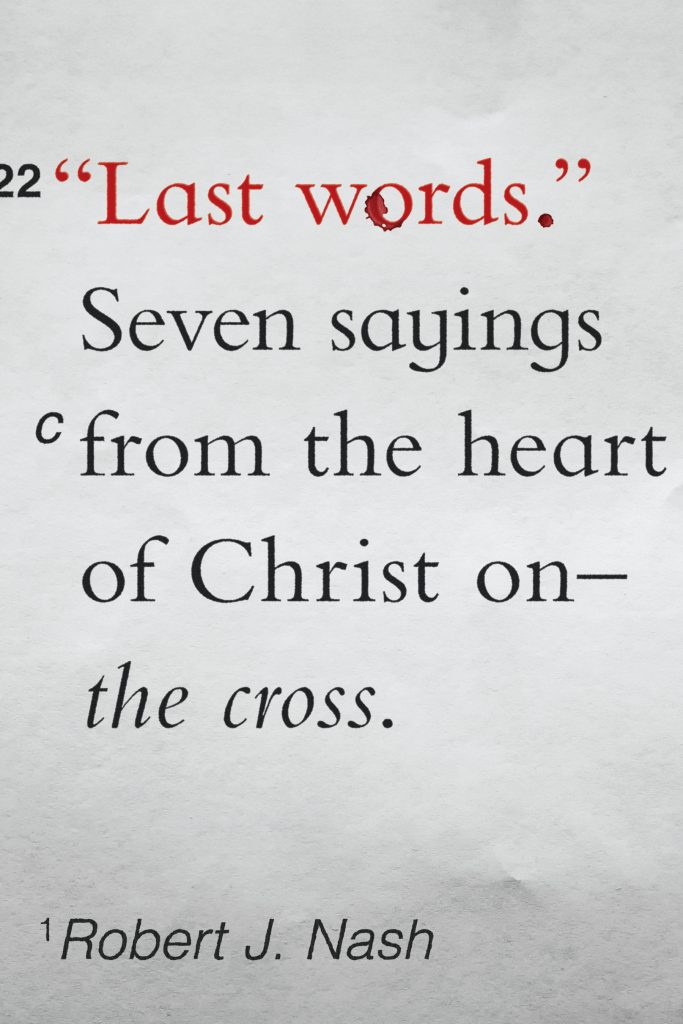This election year looks to be another contentious year in America. Disunity in the church is becoming standard fare. What can the church do to pursue unity? How do we live at peace with one another when we disagree? How do we worship and work together when our politics are at odds? As a pastor of a mid-size, midwestern congregation, I suggest four responses to this threat to Christian unity.
LEAVE
First, let’s leave social media. I’m not suggesting we stop posting pictures of our children on Facebook for birthdays. What I am proposing is that we abandon liking, reposting, and commenting on national politics. Rants, snarky comments, and off-color jokes don’t change anyone’s mind. We live in echo chambers where our posts further isolate us from our neighbors. The algorithm “rewards” us, confirming our beliefs and separating us further from those who think differently. This year, why not leave the political arena of social media behind?
LEARN
Second, let’s seek to learn from those who disagree with us. Invest time in understanding why people think the way they do and the merit of differing perspectives. Identify the redeemable parts of your neighbor’s point of view. Understanding does not mean agreeing. We can’t go wrong if we seek what is good and true. God is the ultimate measure of goodness and truth. We don’t need to be afraid of seeking such things.
LISTEN
Third, let this be a year of listening, which pairs well with learning. God exhorts us to be quick to listen, slow to speak, and slow to become angry (James 1:19). We should not simply listen to those who have different views, but also listen to what is going on inside of us. What are we feeling when discussing or hearing those who disagree with us? What thoughts run through our heads? Why does our blood boil, stomach churn, and throat constrict? Why do we have physiological responses to conflict? Our emotional responses can indicate areas where we need to trust the Lord—where we need to pray and release control and fear.
LOVE
Finally, if we want to thrive this year, let us love. Let us love others whether or not they agree with us. May our love be demonstrated by our words and deeds. The Bible says the world will know we are Christians by our love. Does it? Will it?
Love is patient and kind; love does not envy or boast; it is not arrogant or rude. It does not insist on its own way; it is not irritable or resentful; it does not rejoice at wrongdoing, but rejoices with the truth. 1 Corinthians 13:4–7 ESV
Christians will vote in various ways this year. Ultimately, a political result is not our hope. Even the best candidate will be imperfect, and fallible people will implement good policies imperfectly. Our hope rests in God. He rules all. A donkey or an elephant doesn’t represent him, but a sacrificial lamb does. Jesus, the Lamb of God, didn’t remain in the grave. He rose from the dead after three days and ascended to heaven forty days later. This year, let us leave, learn, listen, and love.
May the Lord give us unity in faith, love for one another, and wisdom as we guard our tongues and exercise our political freedoms and responsibilities in the coming year.






